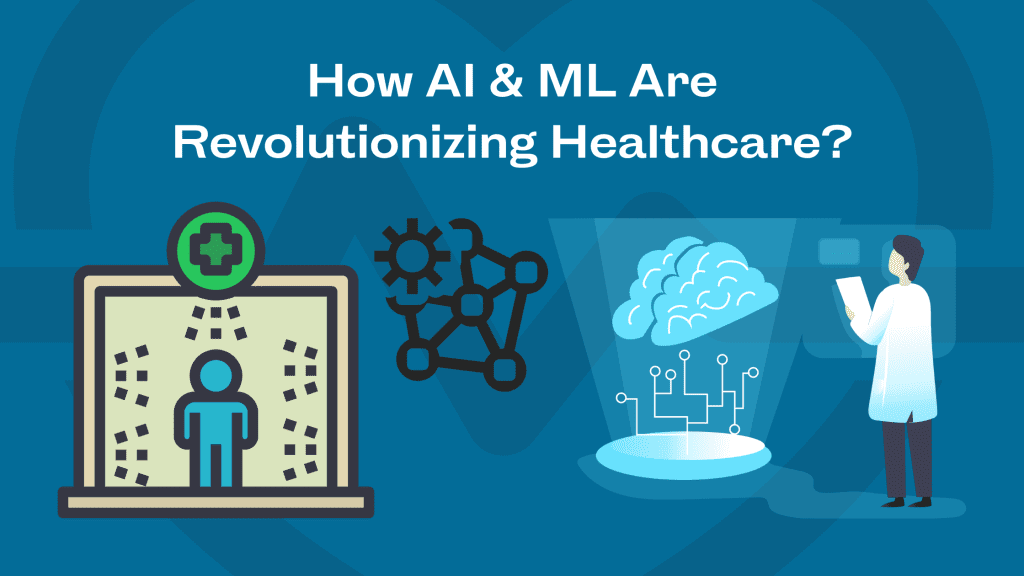In recent years, the intersection of artificial intelligence (AI) and healthcare has sparked a revolution, promising transformative changes in how we diagnose, treat, and manage medical conditions. The integration of AI into healthcare systems has led to the development of innovative solutions that improve efficiency, accuracy, and patient outcomes. From diagnosing diseases to personalizing treatment plans, AI-powered healthcare solutions are reshaping the landscape of medicine.
Enhanced Diagnostics
One of the most significant contributions of AI in healthcare is its ability to enhance diagnostics. Advanced algorithms can analyze vast amounts of medical data, including images, lab results, and patient records, to identify patterns and detect anomalies that may escape human observation. For example, AI-driven imaging systems can assist radiologists in detecting early signs of diseases such as cancer, reducing the likelihood of misdiagnosis and enabling timely intervention.
Personalized Treatment
AI is also revolutionizing the way healthcare providers deliver personalized treatment to patients. By leveraging machine learning algorithms, medical professionals can analyze genetic, clinical, and lifestyle data to tailor treatment plans according to individual needs. This personalized approach not only improves patient outcomes but also minimizes the risk of adverse reactions to medications and treatments.
Predictive Analytics
Another area where AI is making significant strides is in predictive analytics. By analyzing historical data and real-time inputs, AI algorithms can forecast potential health outcomes and identify individuals at risk of developing certain conditions. This proactive approach allows healthcare providers to intervene early, implement preventive measures, and mitigate health risks before they escalate into serious problems.

Streamlined Operations
In addition to clinical applications, AI is streamlining administrative and operational tasks within healthcare organizations. Natural language processing (NLP) algorithms, for instance, can automate documentation processes, transcribe medical notes, and extract relevant information from patient records, reducing administrative burdens on healthcare professionals and improving overall efficiency.
Challenges and Considerations
Despite the numerous benefits AI-powered healthcare solutions offer, there are challenges and considerations that must be addressed. Concerns about data privacy, security, and bias in algorithmic decision-making require careful attention to ensure ethical and responsible use of AI in healthcare. Furthermore, there may be resistance from healthcare professionals who fear that Artificial intelligence will replace human expertise, emphasizing the need for comprehensive training and education to foster collaboration between humans and machines.
Conclusion
The integration of AI into healthcare represents a paradigm shift in the way we approach medicine, offering unprecedented opportunities to improve patient care, enhance diagnostic accuracy, and optimize healthcare delivery. While challenges remain, the potential of AI-powered healthcare solutions to revolutionize the industry and usher in a new era of personalized, proactive, and efficient healthcare is undeniable. As we continue to harness the power of AI, it is essential to prioritize ethics, transparency, and collaboration to ensure that these technologies benefit patients and society as a whole.
If you enjoyed this read, check out our other posts.














What do you think?
Show comments / Leave a comment